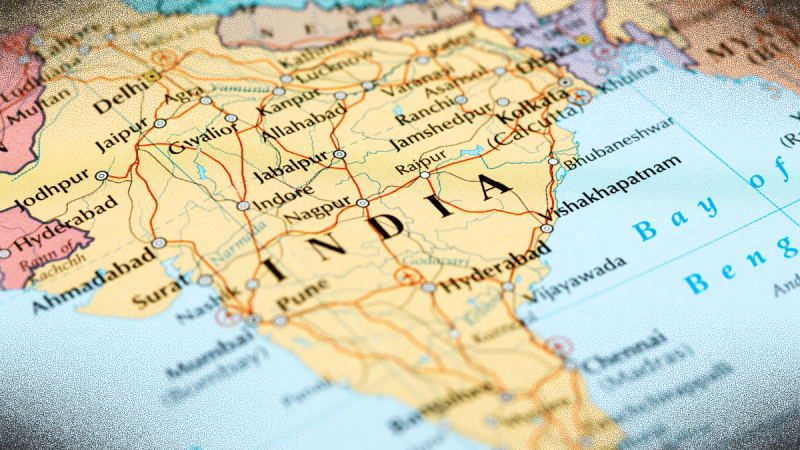INQUIRER STOCK PHOTO
New Delhi, India — Some of the best-known global apparel brands procured cotton grown in Indian farms that employ child and bonded laborers, a report by a US-based rights group alleged Tuesday.
An investigation by Transparentem into the working conditions on 90 cotton farms in India’s Madhya Pradesh state between 2022 and 2023 revealed “widespread use of child labour and illegal adolescent labour”, the New York-based non-profit said.
Transparentem said the “grave abuses” unearthed by its investigation “appear to be endemic to the region” and likely extended to other farms in the area.
Under Indian law, children under 14 are prohibited from working in most situations, while those between 14 and 18 are barred from being employed in hazardous occupations.
But a mix of lax enforcement and poverty means more than 10 million Indian children between five and 14 continue to work, most of them in the farming sector.
The investigators also found “indicators of forced labour” and “abusive working conditions”.
Many are trapped by the long-outlawed practice of bonded labour, dubbed “debt slavery” by rights campaigners, in which victims are forced to work to pay back borrowed cash while interest keeps mounting.
In its 2024 “List of Goods Produced by Child Labor or Forced Labor”, the US Department of Labor identified child labour in cotton produced in India.
According to Transparentem, the investigated farms supplied their produce to three Indian companies.
They in turn sold cotton-based products to several high-profile buyers such as Adidas, H&M and The Gap.
All three companies told Transparentem that they were part of sourcing arrangements that ensured their cotton inputs are not linked to forced labor.
Transparentem said in late 2023 it contacted 60 international buyers and the three Indian suppliers they sourced material from “to present the findings of its investigation and provide recommendations for remediation”.
Several of them responded by saying that they were already participating in ethical cotton-sourcing initiatives, the advocacy group said, adding that “many started collaborating on responsive actions”.
The owners of the investigated farms, the report said, also sold cotton in the open market — therefore making it “highly likely” that many of the farms are “connected to the supply chains of several other companies” in the country.


